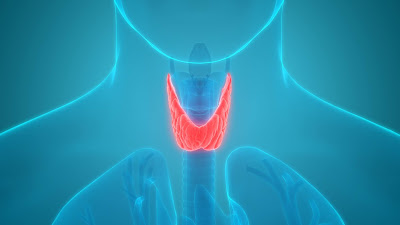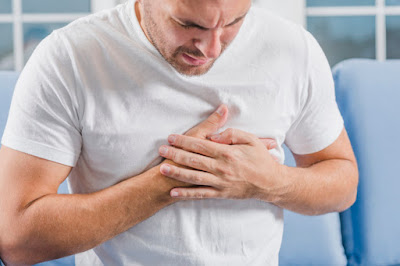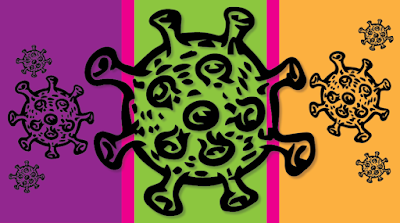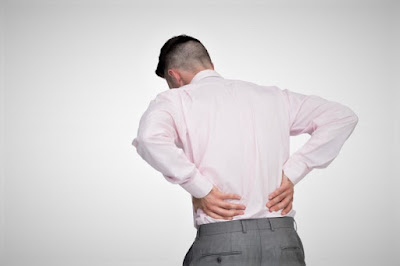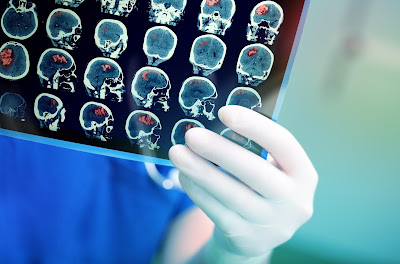Bell's Palsy: Causes, Symptoms, Treatment

Sudden facial muscle weakness is one of the signs of Bell's palsy. In most situations, the deficiency is only temporary and improves over a number of weeks. Half of your face seems to droop as a result of your weakness. Your smile is one-sided, and the eye on that side of your face tends to close. Acute facial palsy is also another name of Bell's Palsy. It can strike someone at any age. The exact reason for this is unknown. It's thought to be caused by swelling and inflammation of the nerve that controls one side of your face's muscles. It may also be a reaction that happens as a result of a viral infection. Bell's palsy is a condition that affects the majority of people for a short period of time. Within a few weeks, symptoms usually begin to improve and full recovery takes about six months. A small number of people will experience some Bell's palsy symptoms for the rest of their lives. Bell's palsy will recur in rare cases. Causes of Bell's Palsy:- The...
